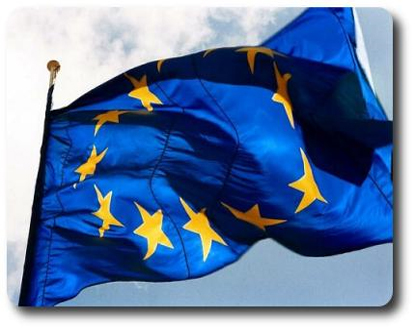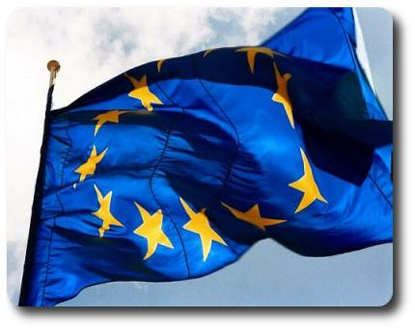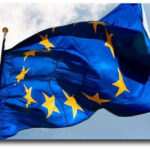After a delayed summit, a night of negotiations, and multiple discussions where national interests took precedence over other considerations, the twenty-seven heads of state and government reached an agreement on the European Union budget for the 2014-2020 period.
 The budget agreement of the 27 in Brussels likely avoided very serious political frictions. But in a time of crisis that requires means to stimulate the economy, this budget plan takes us back to before 2007. The lack of momentum concerns investments for jobs and growth that Europe needs in the coming years.
The budget agreement of the 27 in Brussels likely avoided very serious political frictions. But in a time of crisis that requires means to stimulate the economy, this budget plan takes us back to before 2007. The lack of momentum concerns investments for jobs and growth that Europe needs in the coming years.
According to Jean-Marie Cavada, Member of the European Parliament, President of the European Movement-France: “All of this cruelly underscores the absence of a federal budget funded by own resources once and for all.”
This budget plan reveals technocratic facades to mask disagreements and especially highlights the European resurgence the Continent needs to redeploy itself in globalization.
Thanks to a Byzantine formula, the agreement allows the Twenty-Seven to save face. But the adopted cuts may prove difficult to implement.
This European Council was summarized as “bargaining, a hunt for good deals.” While the pressure to find a consensus was significant, leaders also feared the explanations they would have to give to their public opinion. In 2013, there will be elections in Italy, in the United Kingdom [a local ballot], and in Germany. The leaders do not want to admit at home that they gave in too much during this haggling.
The credibility of the Union is at stake because this long-term budget is a condition for being able to invest in infrastructure and research projects.
In this context, to end their budgetary quarrel, Europeans decided to make a subtle distinction between promised expenditures and those actually disbursed, between commitment appropriations reduced to 960 billion euros and payment appropriations set at 908.4 billion. This gap has taken exceptional proportions this time. And for the first time in the history of European construction, both are cut back compared to the 2007-2013 period.
The compromise presented by the President of the European Council, Herman Van Rompuy, can be described as “a game of imaginative accounting.”
The past two months since the last European Council on the budget have not served to ease positions. On the contrary. Each party has stubbornly defended its stance. All pro-European enthusiasm is gone, as each country was determined to defend its interests.
The European Parliament does not like this budget. At this stage, it could be rejected, between those who find Europe too spendthrift, those who find Europe underfunded, and those who are against Europe in general.



